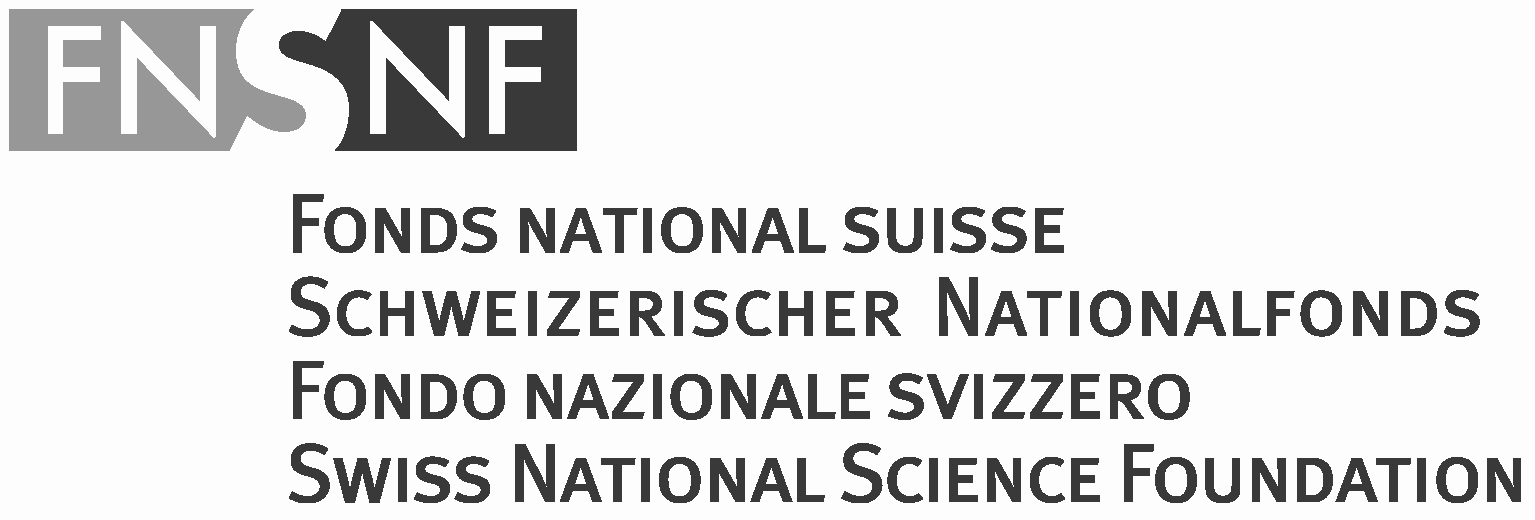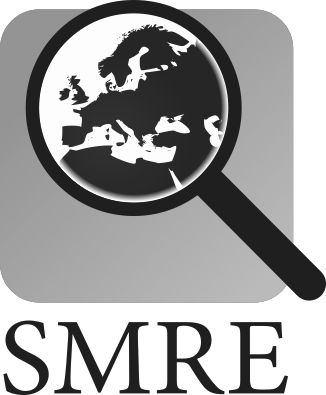SMRE Contributions to the ISSR 2019
The SMRE team is giving contributions to the 35th Conference of the international Society for the Sociology of Religion (ISSR), 9-12 July 2019, Barcelona. We are looking forward to stimulating discussions and an exciting conference.
Contribution within STS 021-1: Religious Affiliation, Religious Diversity and Population Change in Contemporary Europe
Tuesday, 9 July, 09:30h-11:00h, Room 202 UB
Religious affiliation, religious diversity and changes in the size and structure of populations are intertwined phenomena. In particular, the growing religious pluralisation in Europe is regularly used to explain a whole range of phenomena and developments in the realm of religion and politics. Yet it is empirical less clear how religious diversity and population growth (or decline) are related to each other. Different causal relationships are plausible and many intervening variables might be at work. Although religious pluralisation is not a concept easy to define, it is obvious from the empirical literature on religion that the distribution of the population to religious bodies and traditions is the most important starting point to talk about religious pluralisation empirically. Thus, data on religious affiliation are at the center of this kind of investigation. In fact, much used indices of religious pluralisation like the Herfindahl-index and its derivates ultimately rest on statistics on religious affiliation.
The paper presents established European/EU-statistics on population growth and new data for the degree of religious pluralisation in about 50 countries of Europe and its Eastern neighbourhood based on the “Swiss Metadatabase of Religious Affiliation (SMRE)”. Data are given for the structure and dynamics of the religious composition in Europe. Its dynamics are highlighted by a comparison of two periods of time, 2000 and 2010. Based on the SMRE-estimates, the paper demonstrates that religious pluralisation measured by changes in religious affiliation is by far not a uniform process across Europe. It will test the hypotheses that population growth is a driver of religious pluralisation and its different extent and dynamics across Europe.
Session STS 031-1: Religious Diversity and Political Conflict in Europe Revisited
Wednesday, 10 July, 09:30h-11:00h, Room 208 UB
Religious Diversity is addressed frequently as a main driver for social and political conflict. Europe in particular seems to witness new conflicts around religion and religious issues. The conflicts range from smaller yet harmful incidents to the use of religious identities in party competition to massive attacks by religiously motivated terrorism. Recent research did present many case studies, yet the overall picture is far from being clear. The cases and countries investigated are too diverse. The thematic session wants to bring together relevant research on this highly relevant topic. It will address the following three arrays of questions: (1) How religiously diverse is Europe currently and did its religious diversity grow? (2) What types of conflicts concerning religion can be found within European societies today and how old (or young) are they? (3) And what kind of causal relationships or interdependency exist and why is it so – or not? Asking these basic questions, we want to put the predominant narrative of “religious diversity leads to social and political conflict” to an empirical test.
The session follows an empirical and interdisciplinary approach. The proposed papers could be based on large n-comparisons or could deal with selected country cases or present case studies in a comparative manner. We kindly invite contributors to make use of the recent results and improved estimates of the religious composition of European countries originated by the “Swiss Metadatabase of Religious Affiliation in Europe (SMRE)” (www.smre-data.ch).
Contribution within STS 031-1: Religious Diversity and Political Conflict in Europe – a Relationship?
Wednesday, 10 July, 09:30h-11:00h, Room 208 UB
Since the turn of the century, religion has become a heavily disputed topic across Europe. Inner state conflicts about religion became a widespread phenomenon. In particular, Muslim minorities and their religious needs and collective practices are contested issues of public policy.
The hypothesis of this paper is this: the more religiously diverse a given societies becomes, the more likely is the occurrence of social and political conflicts related to religion in a given European country. Following the basic assumptions of Social Identity Theory (SIT), religious pluralisation should lead to more salient in-group-outgroup distinctions resulting in a greater probability of societal conflicts on religion. Building the independent variable religious diversity from the Swiss Metadatabase of Religious Affiliation in Europe (SMRE), the main challenge of this empirical analysis is to operationalize the dependent variable religious conflict. Concerning the measurement of religious conflict in the European context, the central requirement is to develop a fine-grained measure. Usually conflict studies concentrate on upheaval or violence. For religious conflict in Europe, we need a measure ranging from low profile every-day social conflicts to political conflicts and violent events. Thus, depending on the data, appropriate types of conflicts have to be defined. This should result in a single measure of religious conflictivity useful for all countries under investigation.
The paper presents the existing different strands of research on religious conflict in Europe, offers a new approach to operationalise the two basic concepts religious diversity and religious conflict and presents first results on statistical models by multiple linear regression analysis including various controls for third varibles.



